How to find the value in vintage jewellery
Are you a dedicated follower of fashion with an eye for a well-cut gemstone?
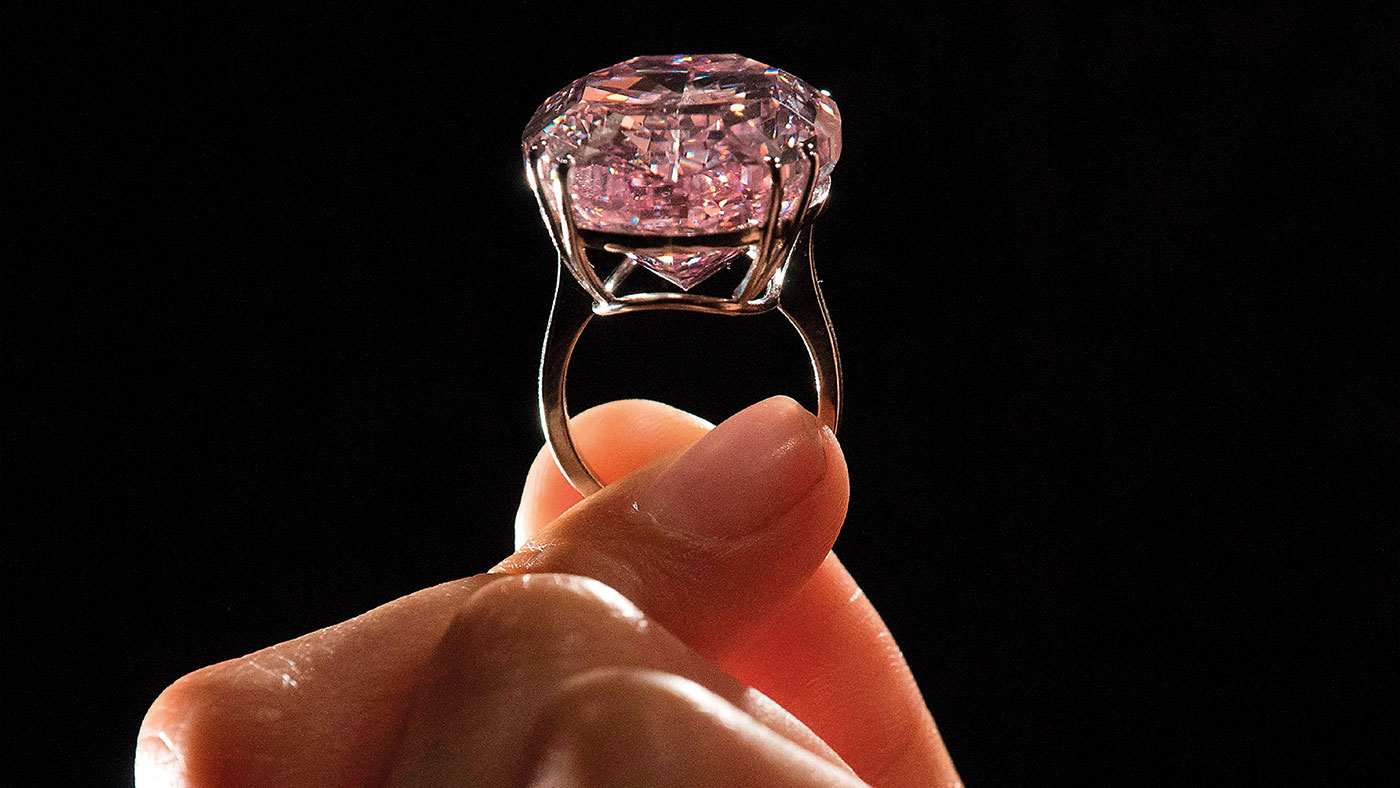
A free daily email with the biggest news stories of the day – and the best features from TheWeek.com
You are now subscribed
Your newsletter sign-up was successful

Do you have valuables lying undiscovered in the attic? It’s not impossible. A “lost” masterpiece by Caravaggio was recently found in an attic in Toulouse. It’s thought to have gone on to change hands for more than $170m. Now it’s true that most of us probably don’t have lost works by Renaissance artists gathering dust upstairs. But jewellery might be a different story – could that long-forgotten inheritance be worth more than you think?
Prices for vintage jewellery spanning the Belle Époque and Art Deco eras (roughly 1870 to 1940) rose by 9% in the first quarter of this year, compared with the same period in 2018, notes Kate Youde in the Financial Times. According to the same auction sales data from Art Market Research, the total value of sales of items from those eras rose by 104%. Jewellery from the 1960s and 1970s is also popular right now.
The Week
Escape your echo chamber. Get the facts behind the news, plus analysis from multiple perspectives.

Sign up for The Week's Free Newsletters
From our morning news briefing to a weekly Good News Newsletter, get the best of The Week delivered directly to your inbox.
From our morning news briefing to a weekly Good News Newsletter, get the best of The Week delivered directly to your inbox.
Just as the styles of these items were shaped by the fashions of their times, the demand for vintage jewellery is also dictated by current trends. That’s why, for example, Victorian pieces are currently out of favour, as independent jewellery valuer John Benjamin tells Kate Beioley in the same paper.
“Victorian jewellery is a little like brown furniture,” he says. “It just isn’t fashionable at the moment…But there will be a tipping point in the future when it starts to be recognised for the quality that it is.” So, if you have some, hold on to it.
Designer prestige and a good story can add value
The fickleness of fashion makes buying and selling harder, of course. But if a piece has a discreet maker’s mark from a prestigious designer, that makes life easier.
A free daily email with the biggest news stories of the day – and the best features from TheWeek.com
Jewellery by Cartier, Coco Chanel and Van Cleef & Arpels will always be desirable. It also helps if jewellery comes with a story. Marie Antoinette, for instance, was famous for her love of pearls. (That’s partly what got her into trouble in the first place.) So, when her natural pearl and diamond pendant (pictured below) came up for auction last November with Sotheby’s in Geneva, it garnered quite a bit of interest. So much, in fact, that it shot past the high end of its pre-sale estimate of CHF1,990,000 (£1.57m), to sell for CHF36,427,000 (£28.7m).
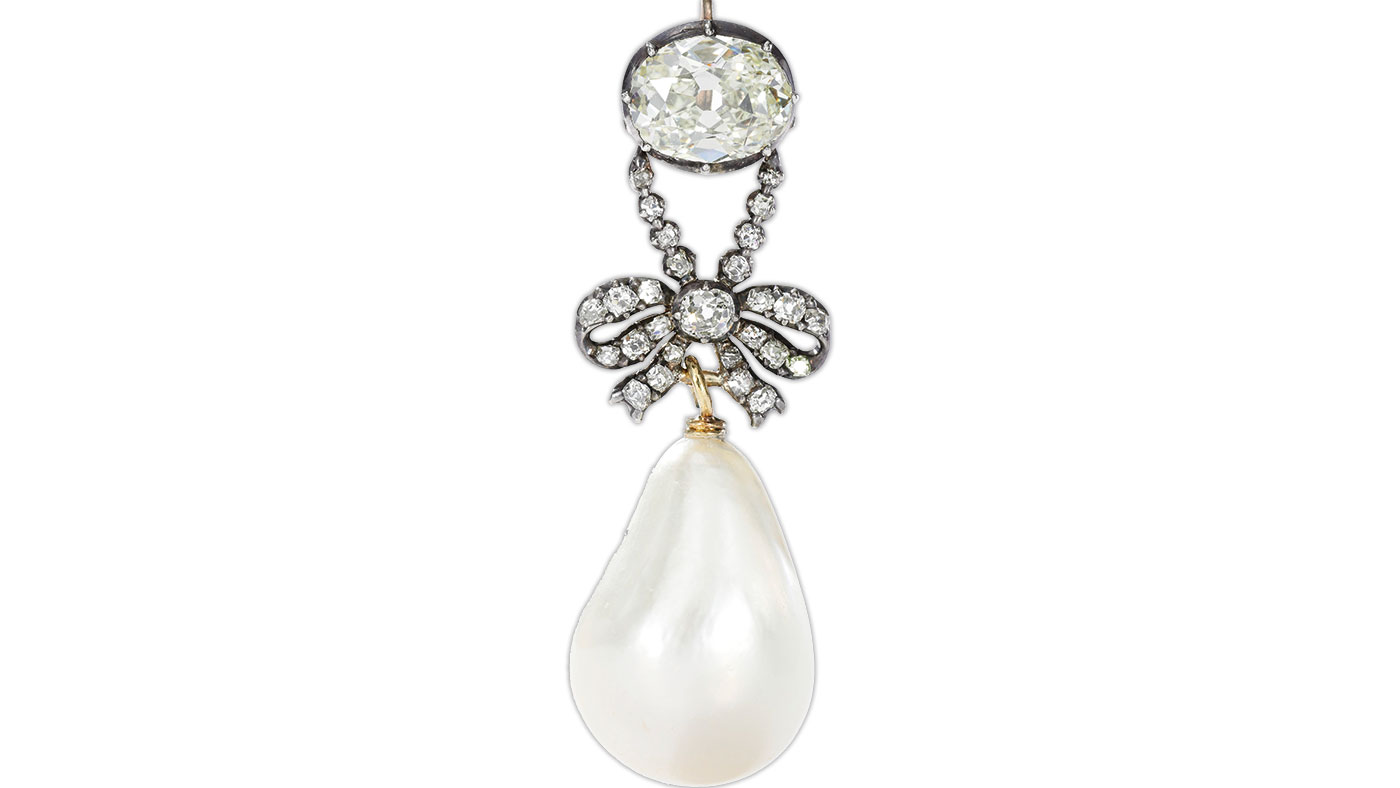
The ill-fated 18th-century Queen of France is an extreme example, perhaps. But a 37.29-carat sapphire and diamond brooch that belonged to a much more recent icon, Elizabeth Taylor, had been expected to fetch up to HK$18m (£1.8m) with Sotheby’s in Hong Kong this month.
Talking of diamonds, global demand, particularly from China, has been hit by the slowing global economy, according to Knight Frank’s Wealth Report 2019. Blue diamonds were the top performers last year, with coloured diamonds in general holding up better than their white counterparts.
The negative overall outlook was confirmed earlier this month, with industry analyst Rapaport reporting “a slowdown in Chinese demand” in September. Its industry benchmark one-carat index fell 0.3% that month. Since the start of the year, the index has fallen by 4.6%, and by 6% over the last 12 months.
That said, each diamond is unique – unlike gold, say. So, when valuing diamonds, each should be looked at on its own merits. Luckily, there is a universally accepted method to help you on your way – see below.
Fancy and flawless: putting a value on diamonds
Grading diamonds is complicated. It’s all about the “four Cs”: colour, clarity, carat and cut. There are two main industry bodies with their own grading scales: the Swiss-based International Confederation of Jewellery Silverware and Diamonds (CIBJO); and the Gemological Institute of America (GIA). Both scales are widely used.
For diamond clarity, look for natural flaws, or “inclusions”. In the CIBJO scale, “loupe clean flawless and internally flawless” denotes a perfect and near-perfect diamond. “VVS1 and VVS2” refer to “very, very small” inclusions, and “VS1 and VS2” stand for “very small” inclusions. “SI1 and SI2” denote “small inclusions” that are easy to find. Then you have “P1” to “P3”, which stands for “piqué” (spotted). The American GIA clarity scale is similar:
FL (flawless), IF (internally flawless), VVS1 (very, very slightly included), VVS2, VS1, VS2, S1 (slightly included), S2, I1 (included), I2 and I3. As for colour grading, “exceptionally white +” diamonds, in CIBJO speak (“D” in GIA), are the most prized diamonds for their lack of colour.
At the other end of the scale, we have “tinted colour”, or “M” to “Z”. That’s unless colour is what you want and then you have hue, tone and saturation to consider. Simply put, in the widely used GIA scheme, “fancy light”, “fancy”, “fancy intense” and “fancy vivid” describe the intensity of the colour.
So, for example, the world’s most pricey diamond, the Pink Star (pictured top), which sold for $71.2m in 2017, is a 59.60-carat internally flawless fancy vivid pink diamond.
Looking after your jewellery
Most ordinary home-insurance policies won’t cover the value of especially expensive pieces of jewellery. So you need to list them separately. The Direct Line Plus and Churchill Home Plus policies both cover individual items worth up to £4,000, while Hiscox Home Insurance covers individual items, pairs or sets of jewellery worth more than £15,000 as part of its policy, provided you have told them about your more valuable pieces beforehand.
Having a documented third-party valuation on your jewellery can make reporting a loss to your insurer easier, especially if your items are very rare or exotic. That will help to ensure you receive adequate compensation. You can get a list of certified specialists from the Institute of Registered Valuers, while auction house Bonhams offers a free valuation service. Lastly, investing in a secure safe can help avoid heartache. Make sure it has been AIS or Sold Secure approved. The Master Locksmiths Association’s website has more information.
This article was originally published in MoneyWeek
-
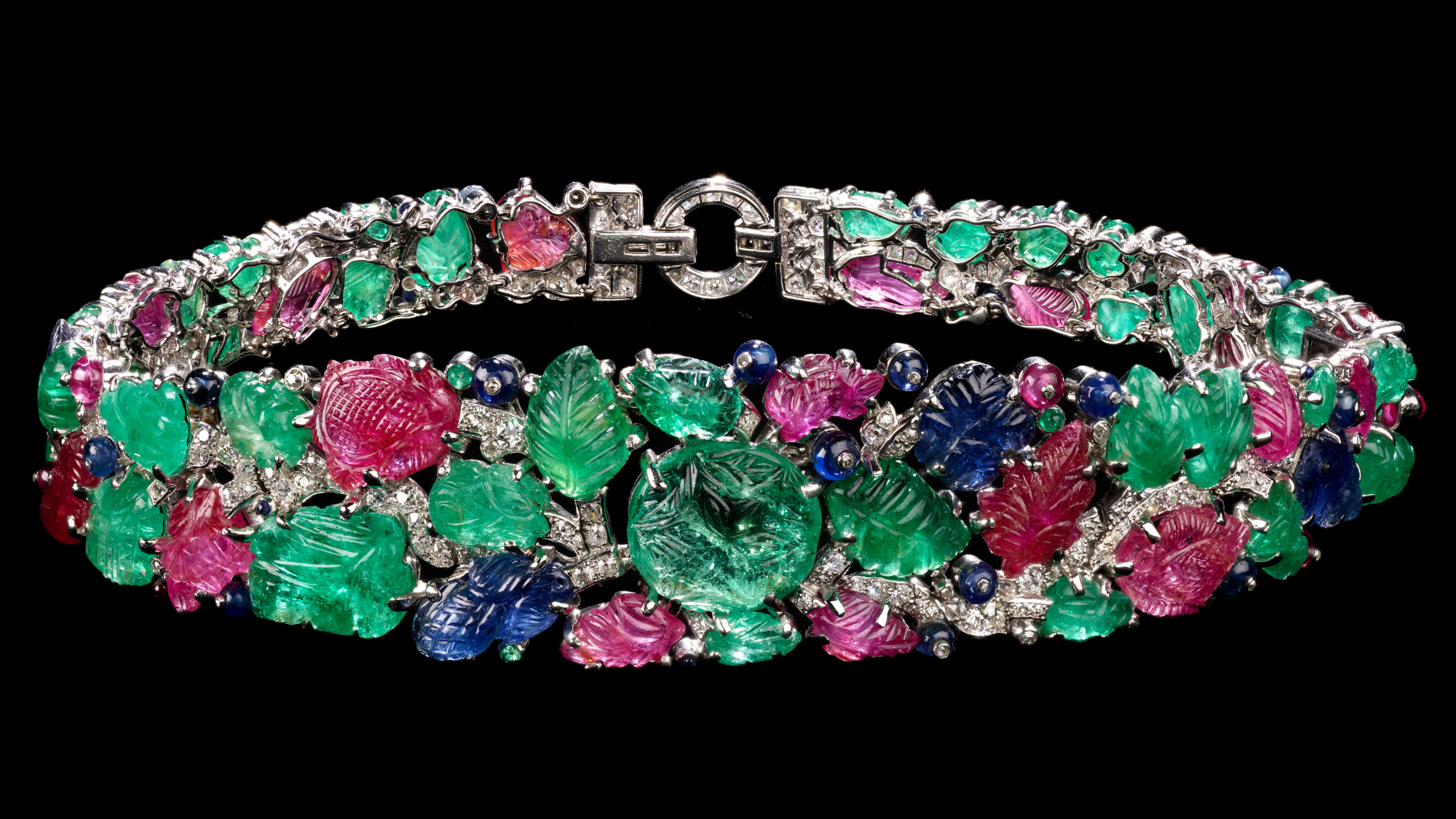 Cartier at the V&A: a 'dazzling' show
Cartier at the V&A: a 'dazzling' showThe Week Recommends A 'once-in-a-lifetime' display of the French jeweller's 'exquisite' objects
-
 Why more men are wearing jewellery
Why more men are wearing jewelleryIn Depth Pop culture is boosting interest in earrings and necklaces, alongside classic tie pins and lapel pins
-
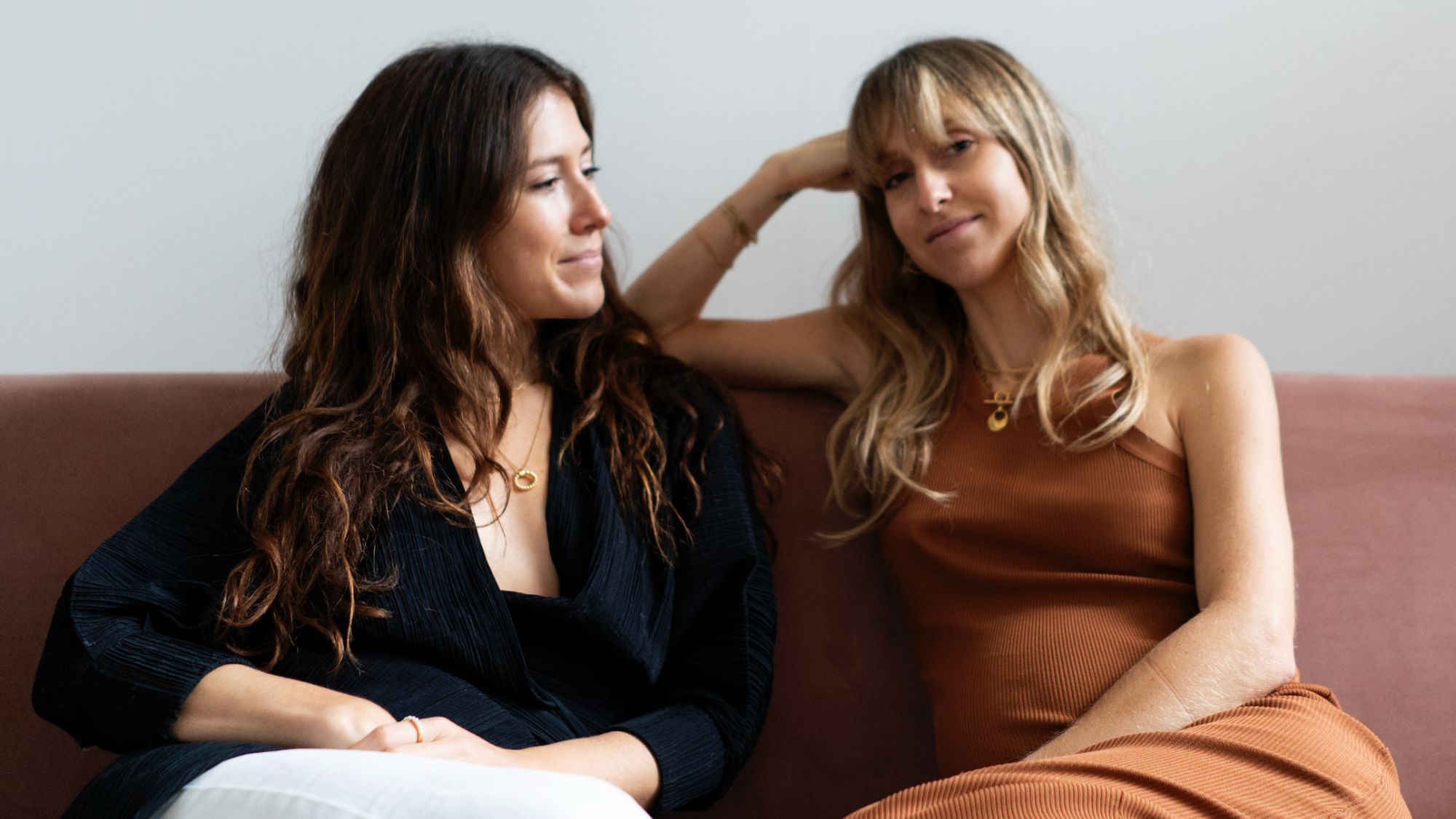 Otiumberg: sustainable jewellery beyond the hype
Otiumberg: sustainable jewellery beyond the hypeUnder the radar Launched by two sisters, this London-based brand has gone from strength to strength
-
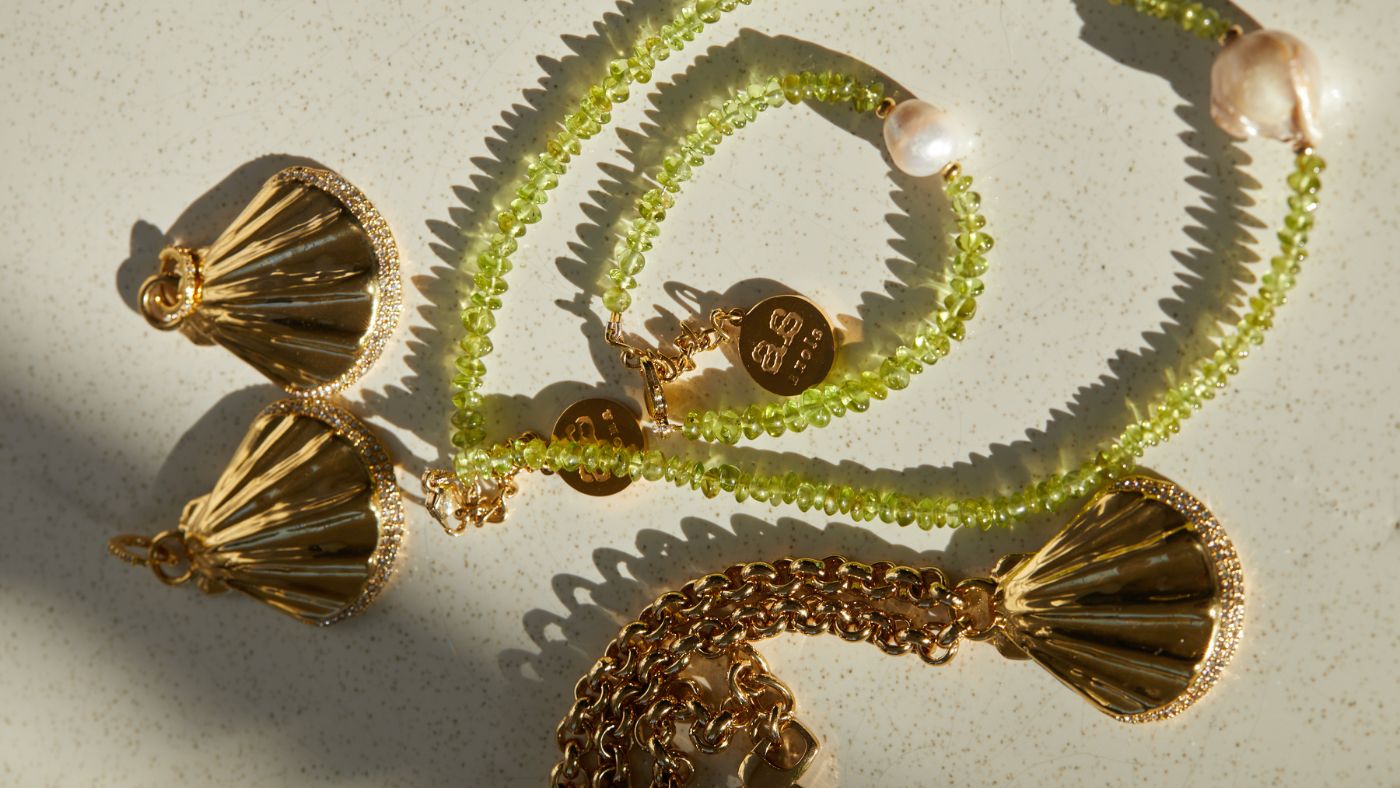 Essential jewellery pieces to wear this summer
Essential jewellery pieces to wear this summerThe Week Recommends Add exuberant and playful items to your summer capsule wardrobe
-
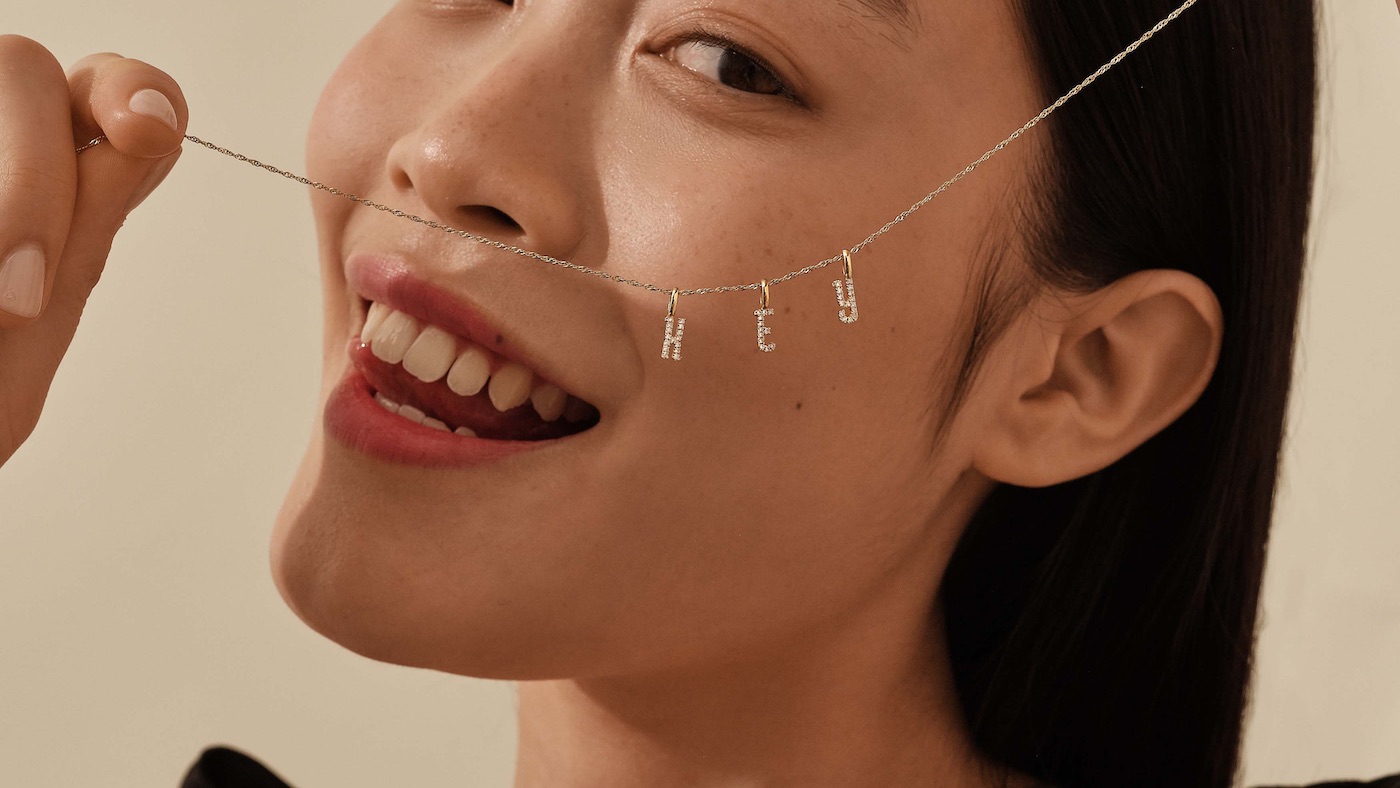 Edge of Ember: affordable fine jewellery for classicists
Edge of Ember: affordable fine jewellery for classicistsfeature London-based brand has gone from strength to strength with its youthful and elegant designs
-
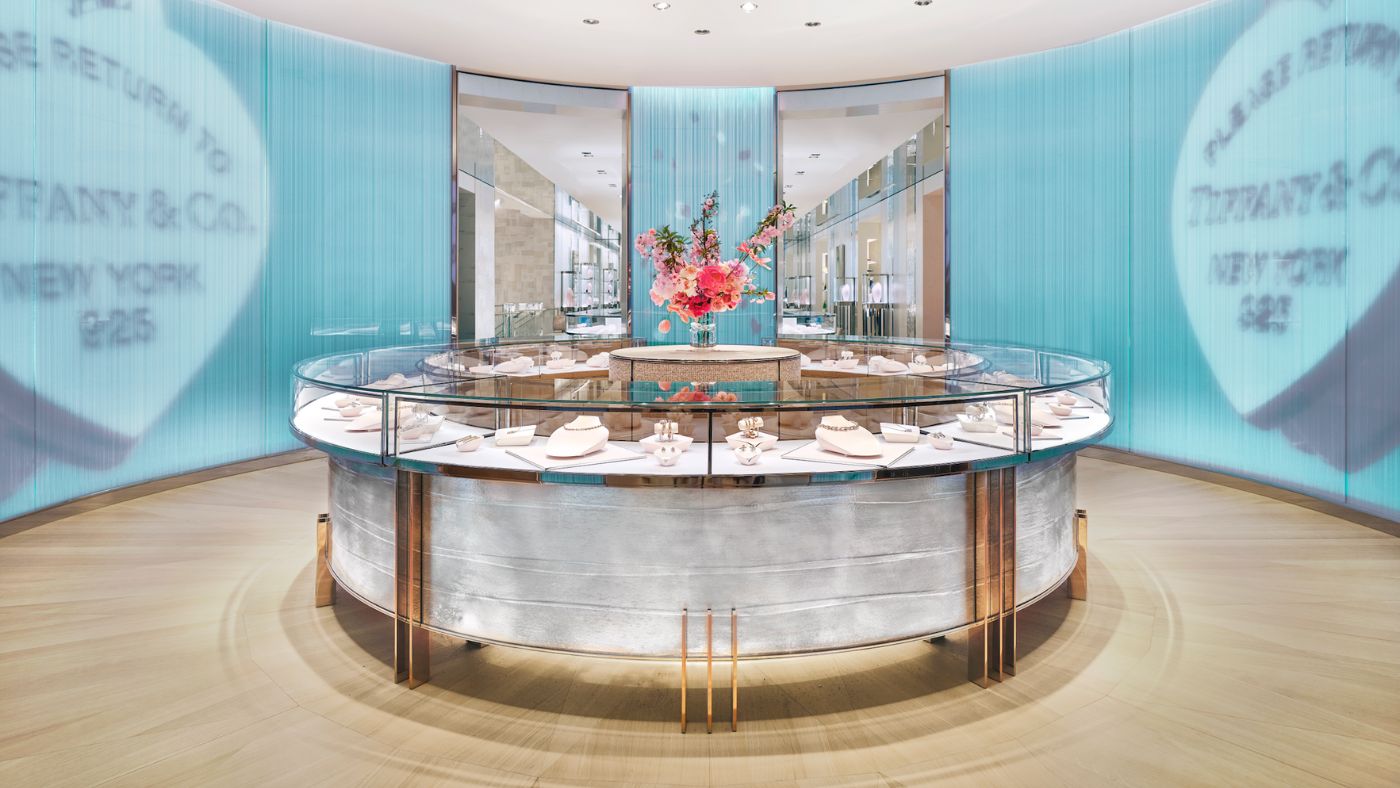 Alexandre Arnault interview: The Landmark heralds a ‘new era’ for Tiffany & Co.
Alexandre Arnault interview: The Landmark heralds a ‘new era’ for Tiffany & Co.Under the Radar Arnault takes us on a tour of the luxury brand’s renovated flagship store in New York
-
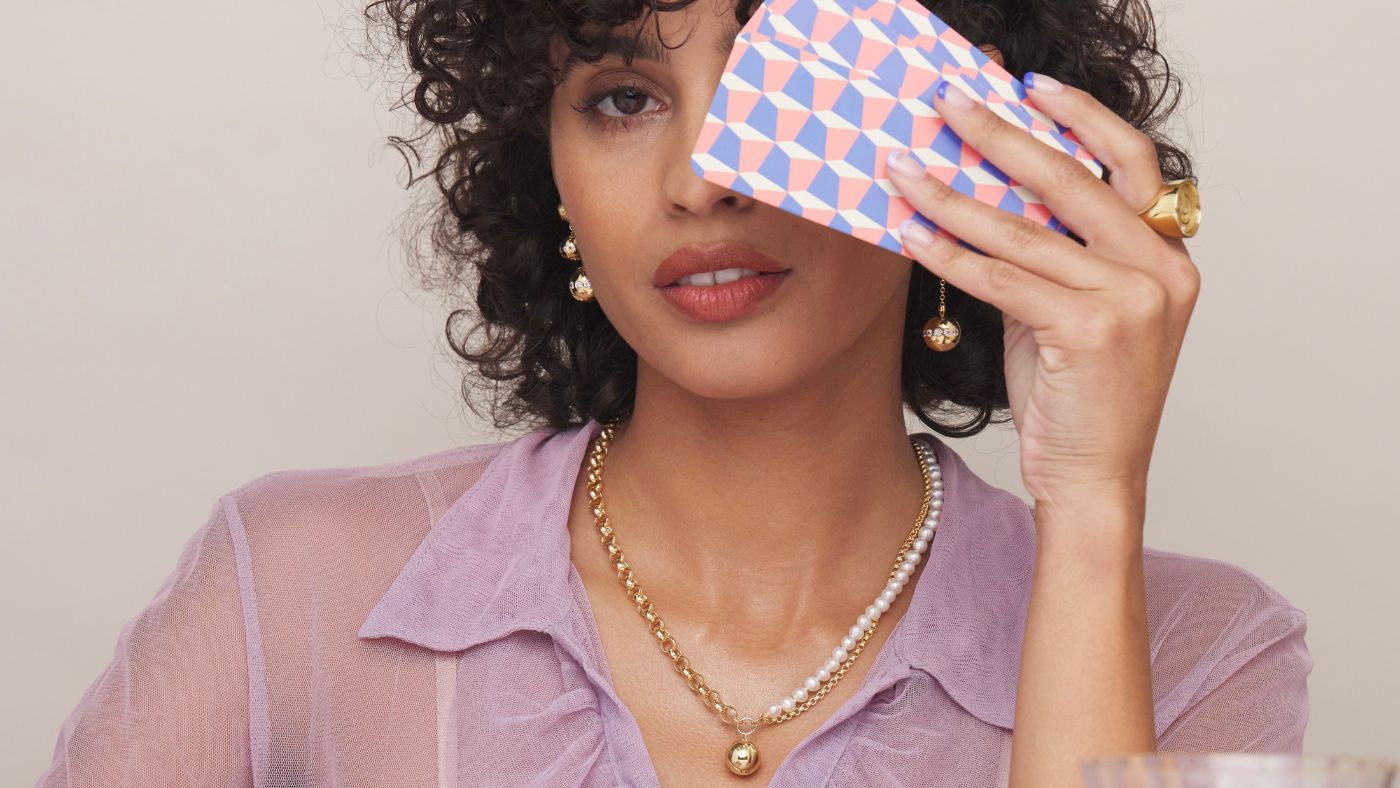 Monbouquette: clever convertible jewels
Monbouquette: clever convertible jewelsUnder the Radar Meet the mother-and-daughter design duo who want fine jewellery to do more
-
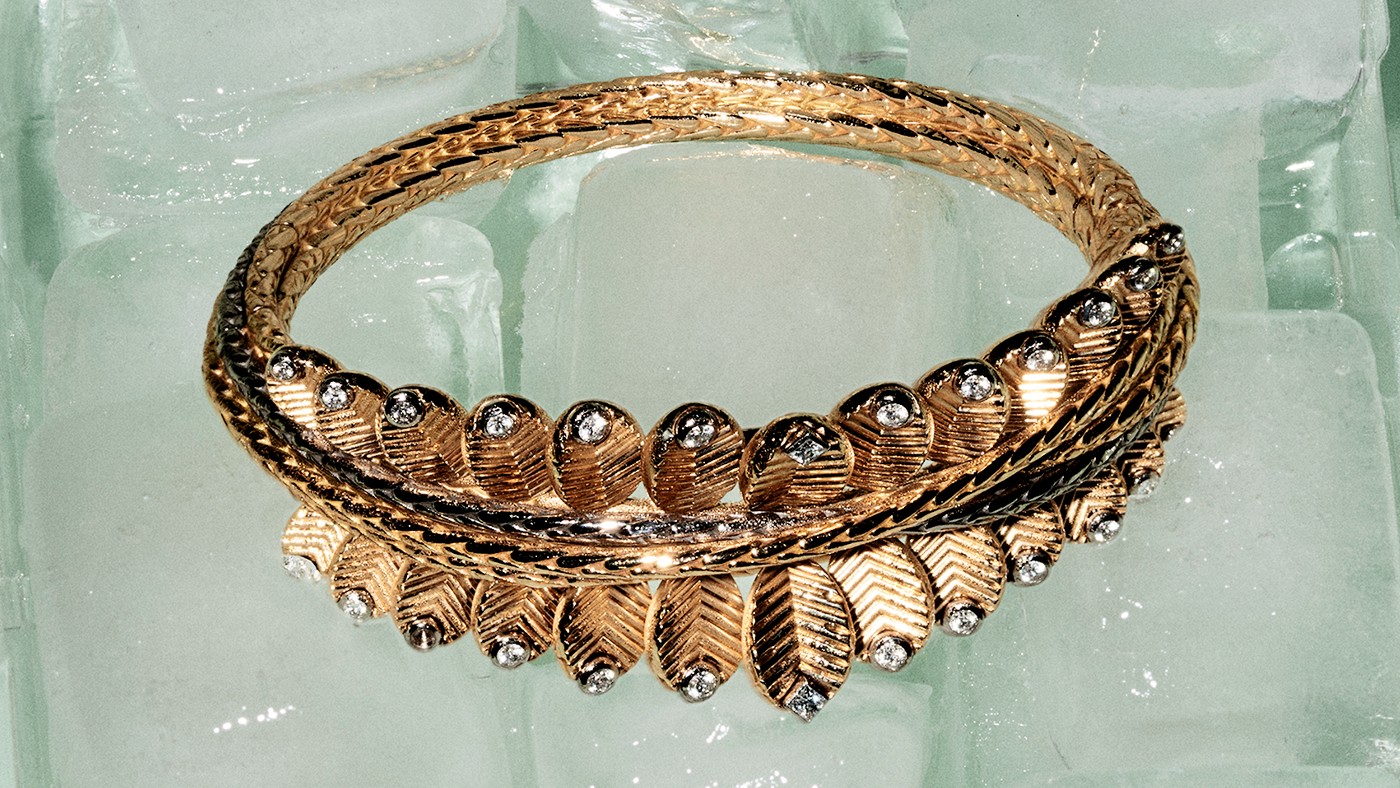 Grain de Café by Cartier: high carat, zero caffeine
Grain de Café by Cartier: high carat, zero caffeineUnder the Radar With its latest fine jewellery collection, Cartier finds precious beauty in the coffee bean


